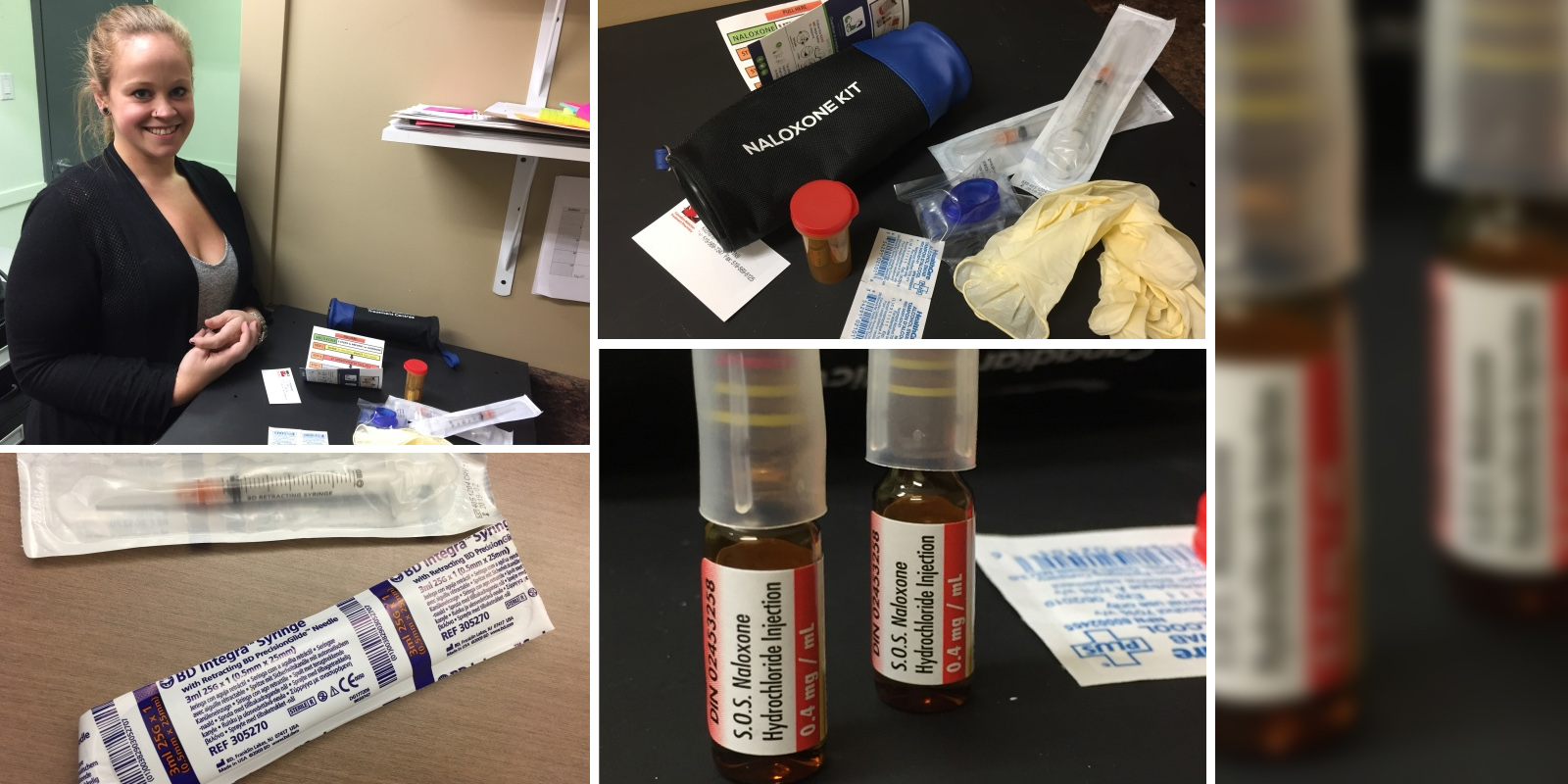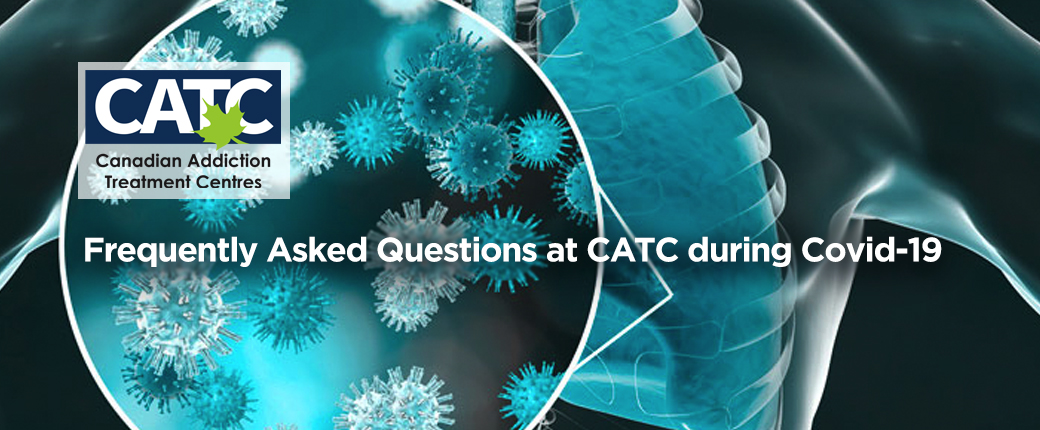How to use a Naloxone opioid overdose kit

.
The kits are available prescription-free at Ont pharmacies.
Could you use one in an emergency?
.
Since anti-overdose kits for opioids were made available in pharmacies in June 2016, Ontario’s ministry of health has distributed 12,000 Naloxone packages to more than 1,400 locations across the province.
Here’s what pharmacists at the Canadian Addiction Treatment Pharmacy want you to know about using a Naloxone kit correctly.
.
Call 911
Even if you have an Naloxone kit, don’t wait to call for help. Contact emergency services right away.
Make sure it is an opioid overdose
Naloxone is effective in counteracting opioids like fentenyl and oxycodone, not cocaine or crystal meth. Know how to spot the signs of an opioid overdose: look for small pupils, laboured or no breathing and extremities that are turning blue.
The person must be unresponsive
Shake, shout and do everything you can to help the person regain consciousness before injecting a dose of Naloxone.
.
Intramuscular not intravenous
Naloxone works when it is injected into a muscle, not a vein. The bigger the muscle, the better.
Go for the arm but if the person is wearing a heavy coat, the thigh muscle is another good option.
Naloxone takes time to work
After the first injection, don’t expect an immediate response. The antidote takes at least three minutes to start working.
What happens afterward
Naloxone can lead to withdrawal symptoms and that may result in aggressive behaviour. The person may also be unaware that they’ve overdosed and could be confused. Be calm and help them understand what has happened.
And be certain that 911 has been called, for professional medical help.
NOTE: Please do not interpret these tips as definitive medical advice. Always call 911 if you suspect drug overdose.
By Amanda Margison, CBC News








